Mayor of the moment
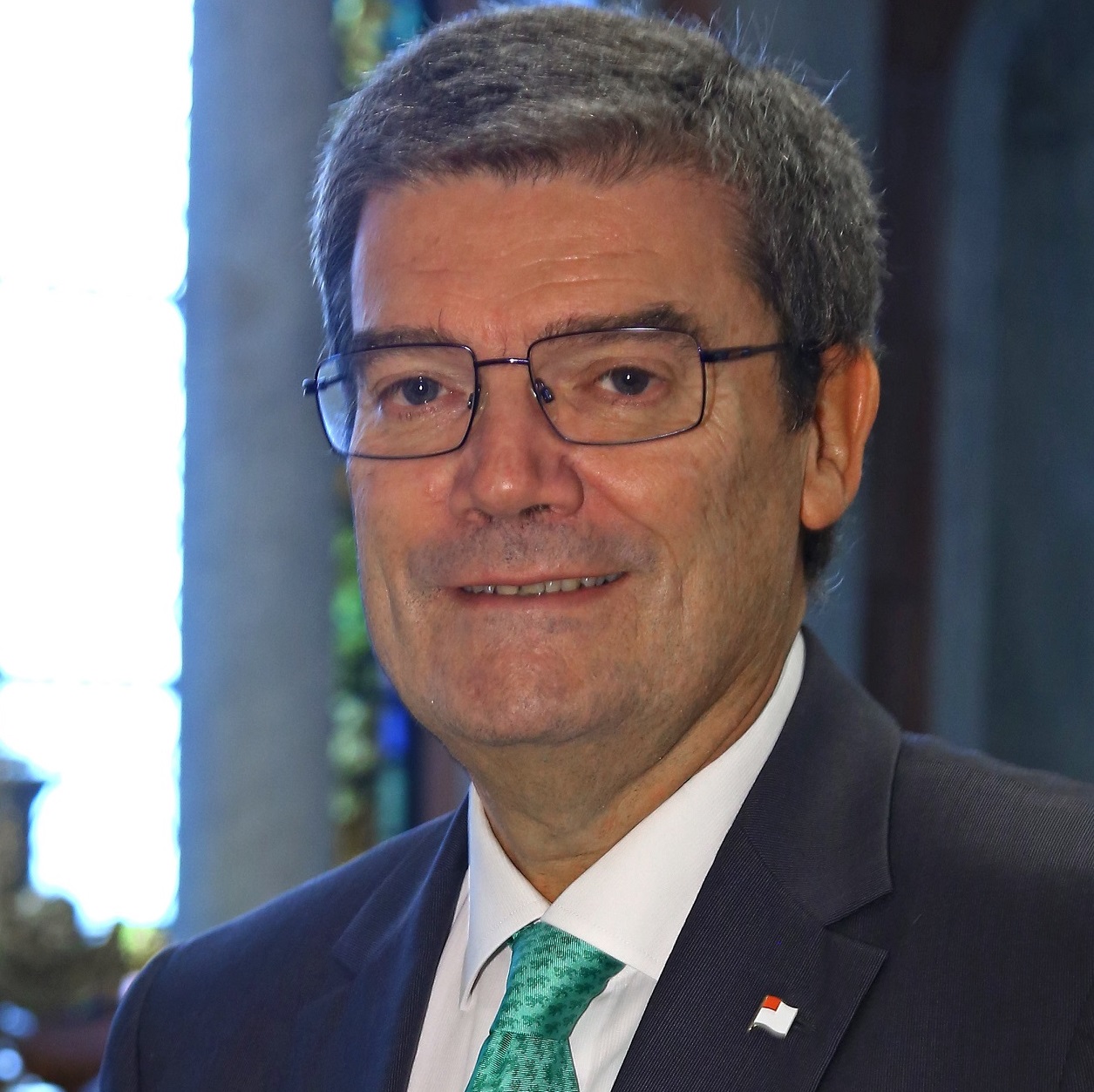
Juan Mari Aburto Bilbao
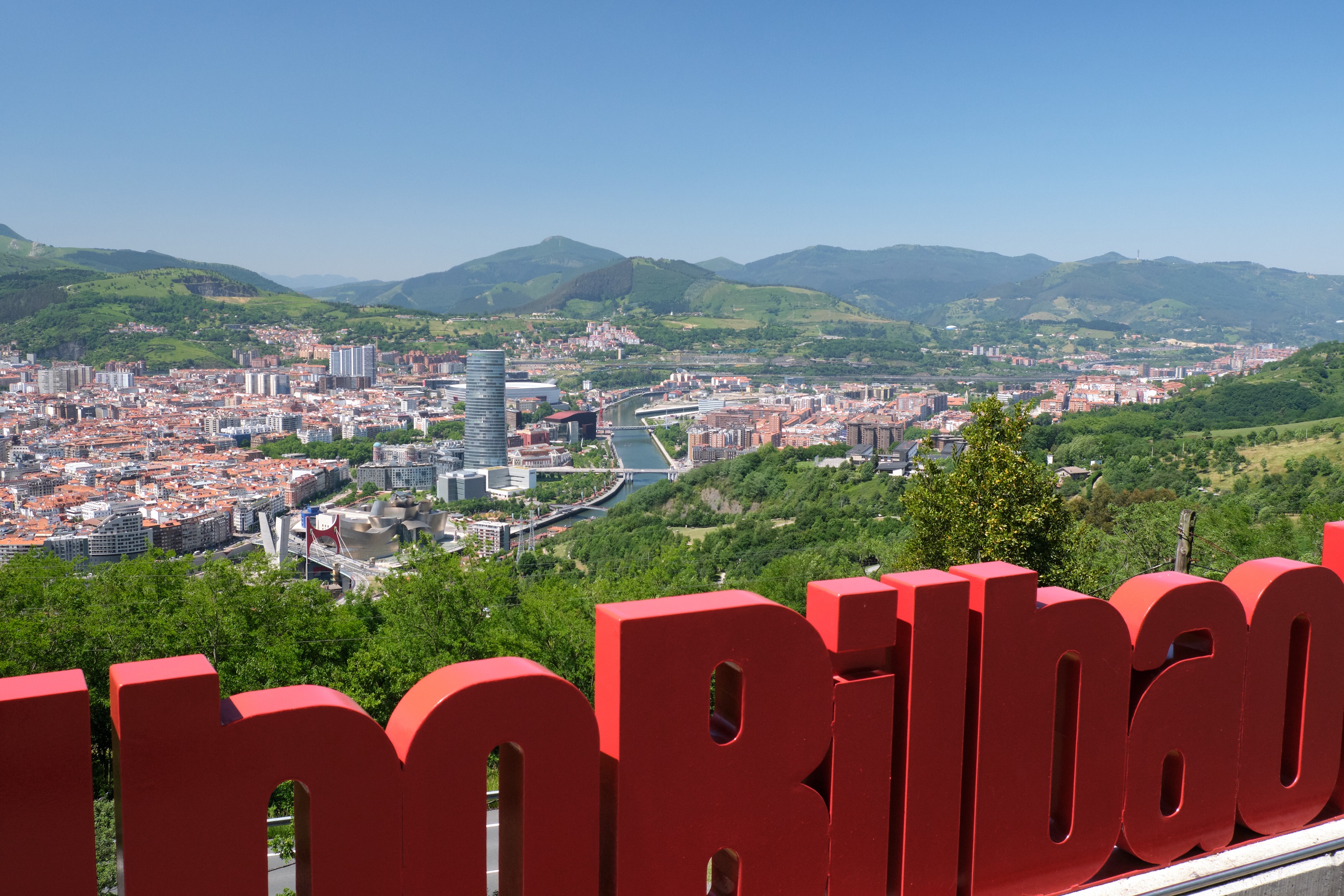
You have said equality, diversity and inclusion are essential to build fairer and more humane communities, and that people are central to all the actions and policies of Bilbao. What are the main inequality challenges facing Bilbao, and how are you addressing them?
People are central to our actions, our policies, and our priorities, especially the vulnerable. We have four priority groups; people with no income, vulnerable elderly individuals, people suffering exclusion, and families and children. These are the groups most affected by the COVID-19 pandemic, which is why the two Bilbao Aurrera Plans, the 2020 Plan and the recently approved 2021 Plan, include extraordinary measures to foster social cohesion and provide a social shield for people who need specific support.
The Bilbao Aurrera 2021 Plan has a budget of 4.2 million euros to set up a system of financial aid. This support will enable people without resources to meet their basic food and household maintenance needs, increase funding for providing company and assistance to the elderly and will contribute to providing the elderly with accommodation in Community Housing to prevent isolation or as a transition to dependency. We also have a fund to provide accommodation for the homeless, to support families at risk of eviction and provide shelter to female victims of gender-based violence, and their dependents.
We also continue to work without losing sight of our Charter of Values. Our Bilbao City of Values project’s framework allows the city to improve its citizens’ quality of life and well-being, enabling the city’s sustainable and inclusive development.
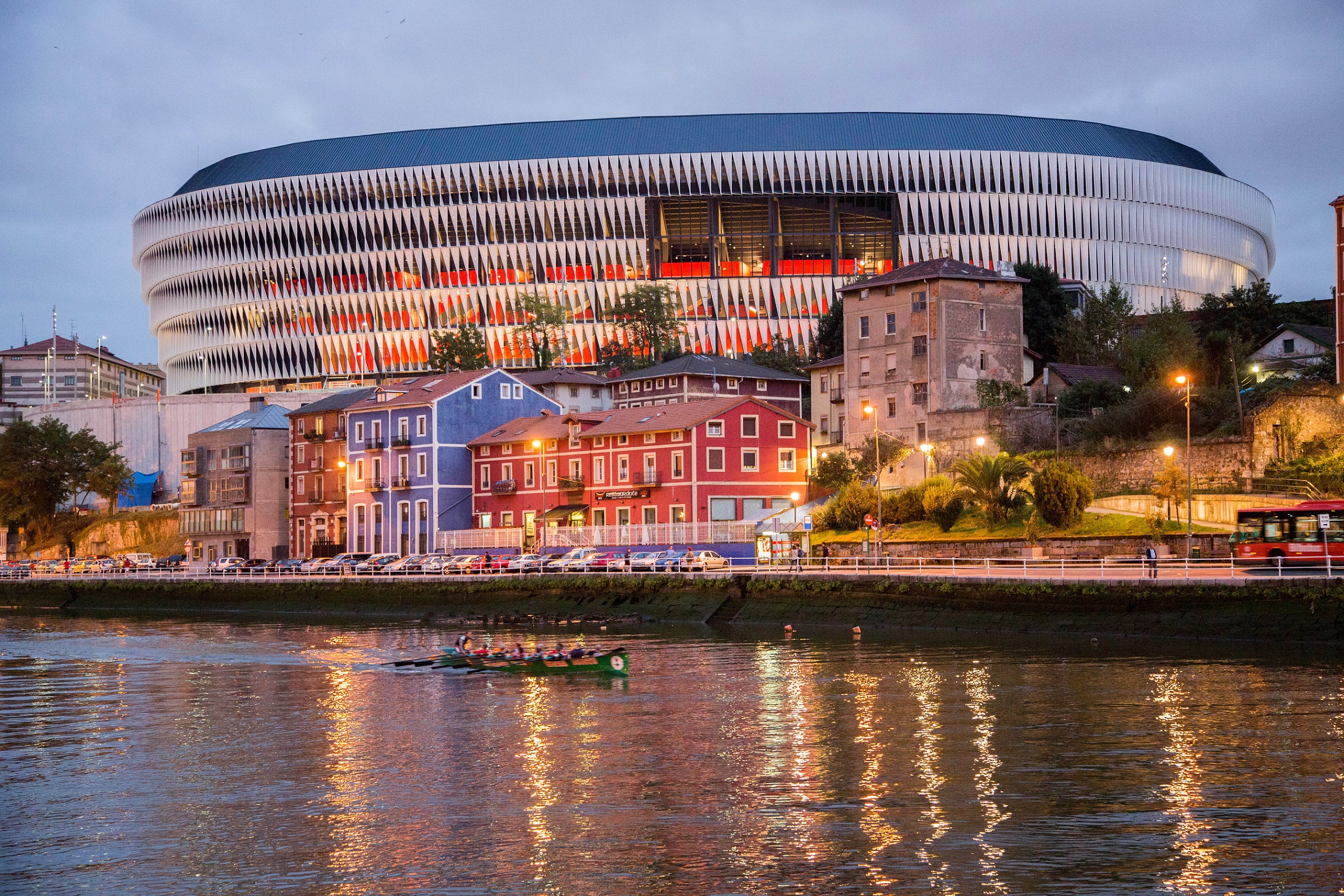
Bilbao has made 15 million euros available to reactivate the local economy following the Covid-19 crisis, through the Bilbaoaurrera Social Emergency Plan that allocates funding to social cohesion, supporting the economy and employment, and culture. The city has also launched BonoBilbao to encourage city residents to support struggling local businesses. Can you tell us more about these plans, how they will support inclusive growth in the long-term and increase the city’s resiliency?
On 29 January we launched the Bilbao Aurrera 2021 Plan, as a continuation of the plan we first promoted in May 2020 to deal with the effects of COVID-19. Like the previous one, this new document includes a series of extraordinary measures to alleviate the effects of this crisis and help the people and sectors most severely impacted.
There is a budget of more than 15 million euros for the 43 actions included in the Bilbao Aurrera 2021 Plan (4.2 million euros for social cohesion measures, 9.8 million euros to support the economy and employment, and more than 1 million euros to support culture).
To support the economy and employment, special reductions in taxes and rates will promote trade and we have introduced incentives to encourage local and responsible consumption and tourism. We will implement the Employment Plan 2021-2022 and the Youth Employment Plan 2021-2020 and support the Social and Employment Integration plans. There will be exemptions and reductions in payments or fees. We will support small businesses by enabling the occupation of public space by hospitality establishments, and we will facilitate access to public procurement for businesses.
We have also launched the “Bono Cultura” (Culture Ticket) to help the audiovisual and stage production sector. The scheme is part of the BonoBilbao bonds program that enables citizens to help the city’s four sectors most impacted by COVID-19, commerce, culture, hospitality and tourism. Citizens purchase bonds at a 50% discount, subsidised by the municipality, to support struggling local businesses, and in the case of Bono Cultura, cultural projects and visual artists.
The Bilbao Aurrera 2021 Plan is backed by all the political parties represented in Bilbao City Council and highlights the value of consensus that allows progress to be made and, in this case, to work together to tackle the effects of a global pandemic.
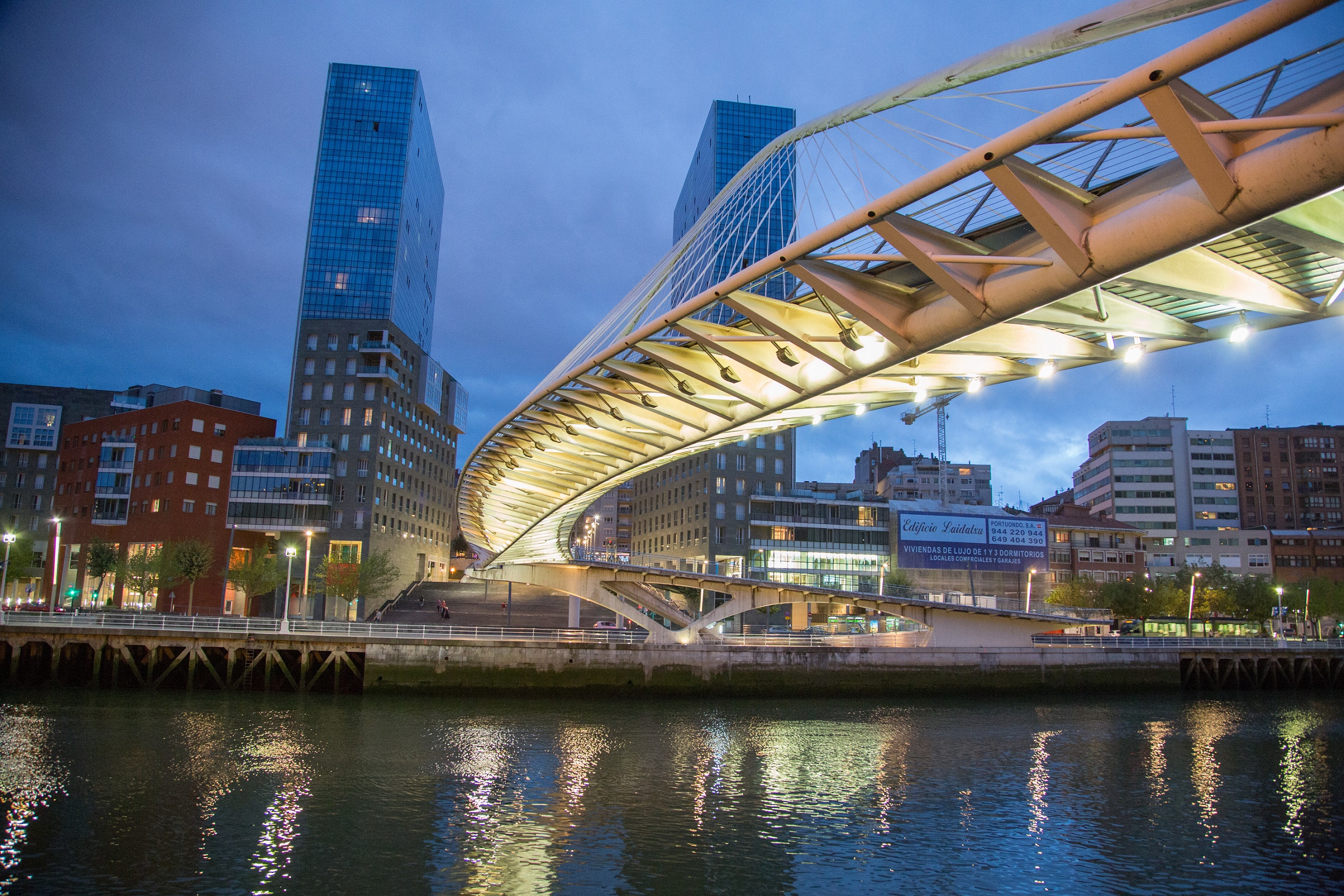
Bilbao has expanded the availability of free wifi in new neighbourhoods, as part of the city’s Covid-19 recovery plans. What other digital services are you introducing, and how will you ensure they are accessible to everyone?
COVID-19 has forced us to use new technologies, and highlighted the importance of everyone being able to connect to the Internet. To enhance social cohesion, we have set up 75 new free Bilbao Wifi access points, prioritising the most disadvantaged neighbourhoods.
The 2021 Plan, remains committed to reducing the digital divide, and we will continue to expand the free Wifi network. Coverage will be extended to include the neighbourhoods currently showing the lowest use of digital services.
Bilbao is also drawing up a Digital Transformation Agenda 2030, identifying challenges and objectives linked to Digital Citizenship, e-Commerce, Infrastructures, e-Government and the Technological Ecosystem. We plan to enrich Bilbao’s strategy which, in line with the European strategy, has 6 action areas: 1. Economy, 2. Mobility, 3. Governance, 4. Citizenship and society, 5. Quality of life, and 6. Environment. In line with the European data management strategy, the concepts of digital ethics, cybersecurity and inclusion will be contemplated from the design stage onwards as an essential requirement.
Bilbao is working on several projects to enhance the cty’s smart city credentials. For example, BioTIP will turn our city into a smarter tourist destination. Smart Green Zorrozaurre Island, S4AllCities – Smart Spaces Safety and Security For All Cities, and A Safer Bilbao: Smart Governance and Data Analysis For Coordinated Urban Management During the Pandemic, are other examples of our plans to become a smarter, greener and more inclusive city.
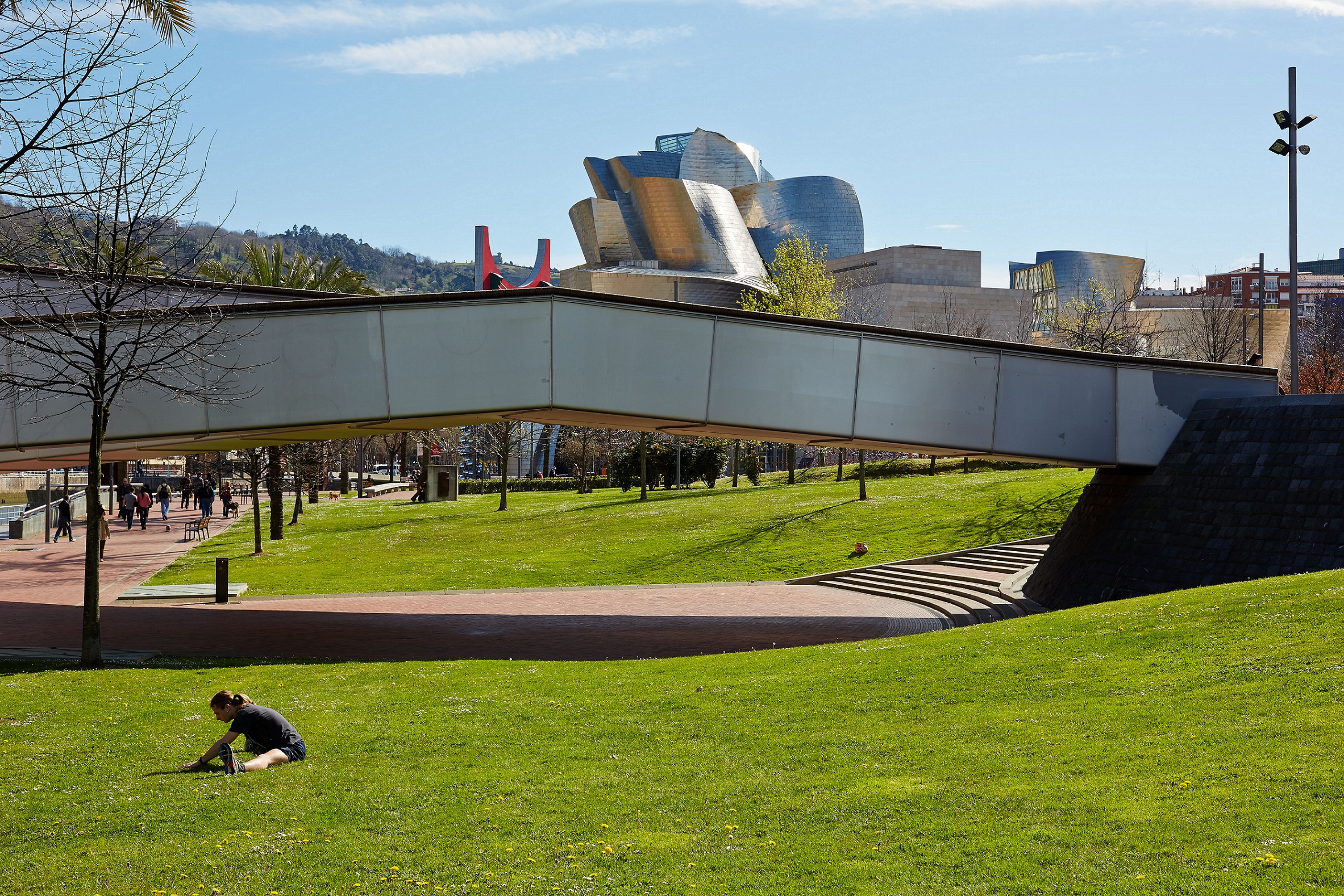
The catastrophic flooding of Bilbao in 1983 made clear the devastating impact climate change can have on cities and their residents. You have said Bilbao is committed to Agenda 2030 and the UN Sustainable Development Goals (SDGs). Can you share some examples of how you are making Bilbao safer, more resilient and sustainable? How are the SDGs helping you achieve these aims?
In the 1980s crisis, we learned how fundamental environmental security is for cities, not only for the quality of life of the people who live in them but also for economic development and attracting investment and talent that demand high environmental standards. Today, we can say that Bilbao is no longer grey, it is now green. We have recovered our estuary as the axis and backbone of the city and the metropolis, investing more than 900 million euros in its cleaning and regeneration. We have substantially increased the number of parks and gardens, created a green ring, and made progress in creating a cycling network, and we continue to be greener, more ecological, and more sustainable. Back then, we did it out of conviction and with our own leadership, and now we are also doing it within the framework of the UN Sustainable Development Goals.
Bilbao City Council’s Mandate Plan 2019-2023 includes a commitment to align all municipal strategies with the United Nations Agenda 2030 and Sustainable Development Goals, with the SDGs guiding the municipal roadmap. We have aligned the City Council of Bilbao plans with the 2030 Agenda, and completed vital work to raise awareness and disseminate the Agenda in all municipal áreas. We easure and monitor progress to ensure we meet the SDGs and encourage city council managers to use the 2030 Agenda in their management tools. We are also raising public awareness by supporting and subsidising SDG communication projects managed by NGDOs.
The commitment to the SDGs in Bilbao stems from and is rooted in Bilbao Balioen Hiria. The Bilbao City of Values project was born from the firm conviction that values are the driving force behind people and a city’s human development. Bilbao Balioen Hiria is an innovative project that developed a shared framework of values to help us tackle our challenges as a city and as a society.
We have launched the “Municipal projects with values” initiative to identify and monitor Charter related actions or projects with visibility and impact on citizens and which involve making progress on one of the 17 SDGs. We also participate in the Euskadi-Basque Country 2030 Agenda Working Group within the Inter-institutional Commission for External Action, led by Lehendakaritza, the Basque Government.
We have incorporated the perspective of the SDGs in our municipal policies. We have made progress in the last five years, but we are aware that we still have a long way to go, and we are continuing to work and move forward.

